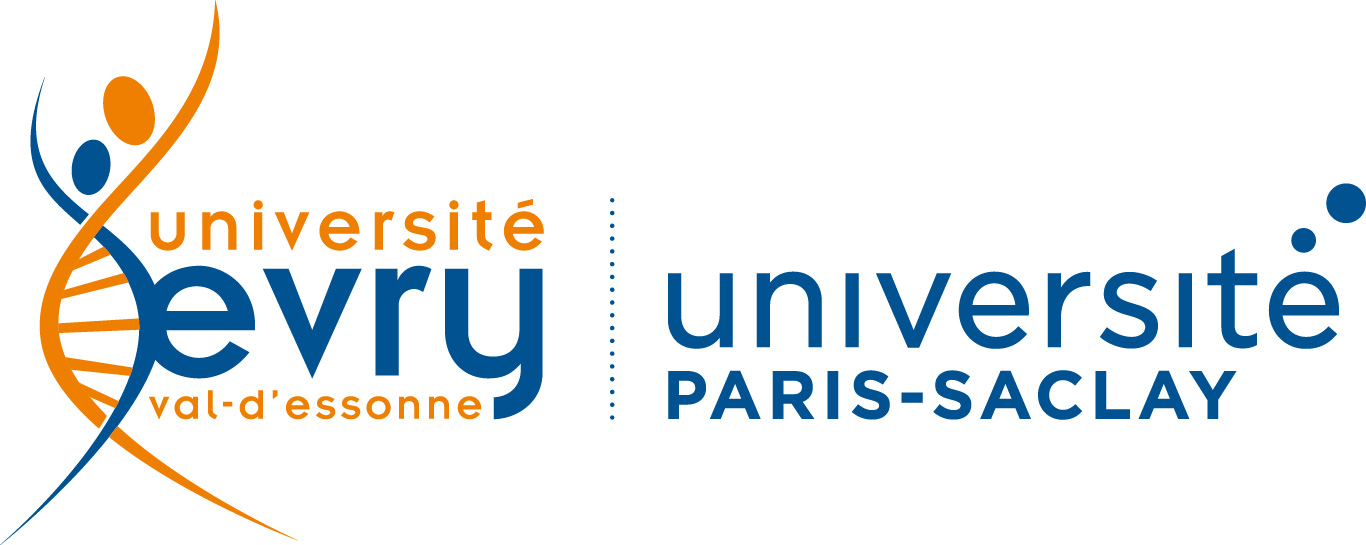Peptides derived from evolutionarily conserved domains in Beclin-1 and Beclin-2 enhance the entry of lentiviral vectors into human cells
Résumé
Autophagy-related proteins such as Beclin-1 are involved in an array of complex processes, including antiviral responses, and may also modulate the efficiency of gene therapy viral vectors. The Tat-Beclin-1 (TB1) peptide has been reported as an autophagy-inducing factor inhibiting the replication of pathogens such as HIV, type 1 (HIV-1). However, autophagy-related proteins are also essential for the early steps of HIV-1 infection. Therefore, we examined the effects of the Beclin-1 evolution-arily conserved domain in TB1 on viral transduction and autophagy in single-round HIV infection or with nonreplicative HIV-1-derived lentiviral vectors. TB1 enhanced transduction with various pseudotypes but without inducing the autophagy process. TB1 augmented the transduction of human CD34؉ hematopoietic stem/progenitor cells while maintaining their capacity to engraft in vivo into humanized mice. TB1 was as effective as other transduction additives and functioned by enhancing the adhesion and fusion of viral particles with target cells but not their aggregation. We also found that the N-terminal L1 loop was critical for TB1 transduction-enhancing activity. Interestingly, the Tat-Beclin-2 (TB2) peptide, derived from the human Beclin-2 protein, was even more potent than TB1 in promoting viral transduction and infection. Taken together, our findings suggest that the TB1 and TB2 peptides enhance the viral entry step. Tat-Beclin peptides therefore represent a new family of viral transduction enhancers for potential use in gene therapy.
Origine : Fichiers éditeurs autorisés sur une archive ouverte
Loading...





